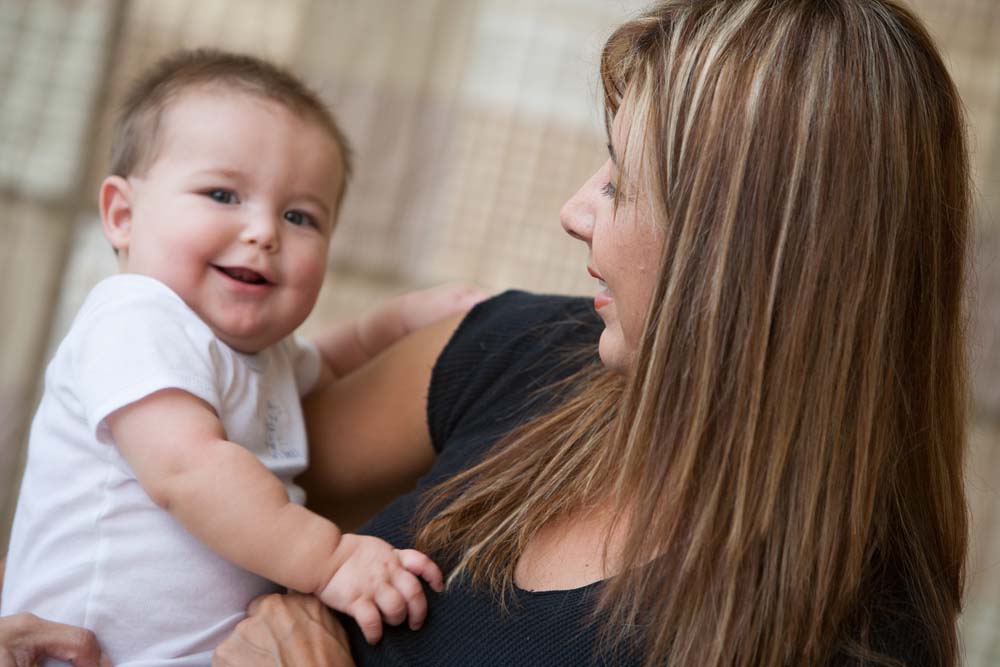Character development. It’s a more elusive target than academic achievement, musical ability, or athletic prowess, yet as parents, we know it’s important. Fortunately, nature is on our side. Children have an innate ability to empathize and care for others. According to a 2006 study by Parks and Peterson, the most prevalent character traits among young children include love, kindness, creativity, curiosity, and humor, but how does character development occur? Character development seems to be a complex mix of temperament, cultural expectations and nurture, but a parent’s role is significant. In this article, we explore simple ideas for raising children to have integrity.
How to Teach Children Integrity & Good Character
- Lead by example by acting with integrity. Children might not always understand the complexities of adult life, but they have a sweet, simple understanding of right and wrong. This inner compass makes them keenly aware of hypocrisy. What parent hasn’t been caught in the trap of, “Do as I say, not as I do?” We all make mistakes as parents, but the best way to teach your child character is to live a life of integrity yourself as much as possible. Be honest. Avoid gossip. Work hard and look for the good in others. Treat those around you with respect and kindness. When you mess up, admit it and try again. More than anything else you do, your example will remain with your child throughout her life.
- Be specific with your reasoning. You ask your child to be patient, kind, or polite and get nothing but a mystified stare in response. What’s going on here? Remember, children are concrete thinkers. Abstract words describing character traits are ambiguous and confusing to young children. Instead, tell your child specifically how to behave in a given situation. For example, at a recital or theater production, say, “The performers have worked hard to make something special for us. We will sit quietly and clap at the end to show them we liked the performance. That is being gracious.” When your child has a difficult homework assignment, say, “This is really tough but we’re going to keep working. You can look in this book for answers or ask me for help. You’re being persistent.” Be sure to comment when your child gets it right: “You said thank you when Annie shared her toy. You were polite. Nice work!”
- Offer examples of positive moral behaviors. Use real-life examples, books, and movies to help children develop character. Point out positive behaviors and give an explanation to your child. For example, if you see a young person offer a seat to an older person, explain, “It’s kind and polite to offer a chair to someone who needs it.” Children’s literature provides rich opportunities to teach character. The classic, "Charlotte’s Web" by E.B. White, teaches children about friendship, unselfishness, and sacrifice. Simms Taback’s "Joseph Had a Little Overcoat" offers lessons in frugality and resourcefulness. The simple story, "The Knight and the Dragon," by Tomie DePaola, uses humor to teach the art of working together. Thoughtfully-chosen movies can spark conversation about positive—and sometimes negative—character traits.
- Understand that outside influences will affect character development. During the preschool years, your child’s social circle remains small and your influence is large. As children enter the elementary and middle school years, they begin to focus more on peer relations. For better or worse, the influence of peers and media increases. Set logical and safe boundaries about media for your child. Get to know your child’s friends. Encourage him to choose friends who are honest, kind, and uplifting. It’s okay to say “We are friendly to everyone, but we choose our best friends carefully.”
In spite of your best efforts, you might wonder if your child is learning anything about character. Relax. The adult world is a big, overwhelming place with lots of complicated social rules and traditions. Children need time and experience to develop character. They will make mistakes but you should view those mistakes as opportunities to learn. Talk gently with your child about a mistaken choice, but don’t let her off the hook. Instead, help your child make amends or fix the problem. If your child has been dishonest, use encouraging statements, such as, “Taking the candy from the store was dishonest, but you can fix this. Let’s go back to the store and pay for it. I will help you.” Follow up by discussing what to do next time. Small teachable moments will pay off over time as your child becomes an adult with integrity.
- Find parenting tips on how to raise kids with good manners and behavior through modeling & teaching.
- After a stranger commented on her pregnancy waddle, our blogger discusses the importance of modeling kindness to children.
- Learn how to grow & nurture the 7 life skills every child needs to succeed in school and life.
- Find out why we need to let children fail in order to build resilience and raise happy, confident kids.





